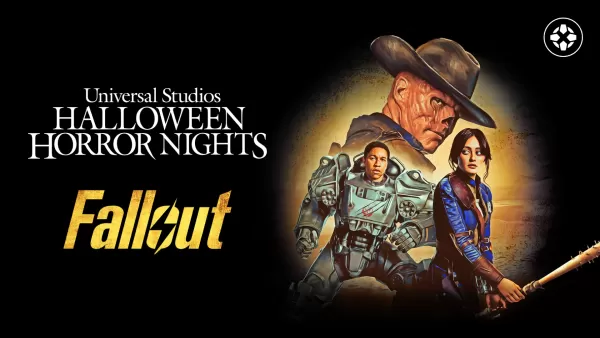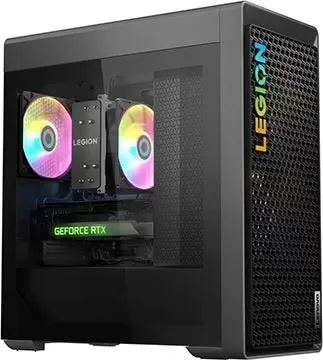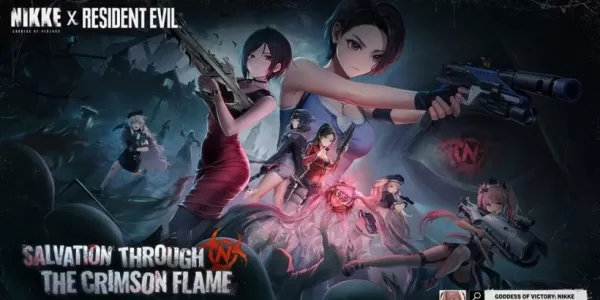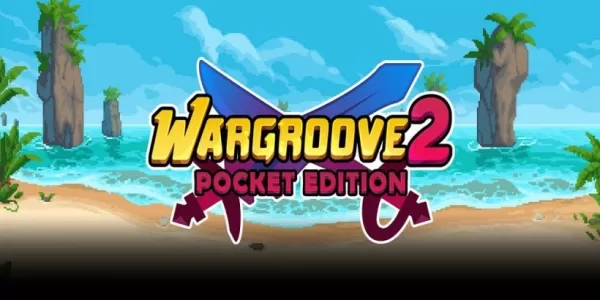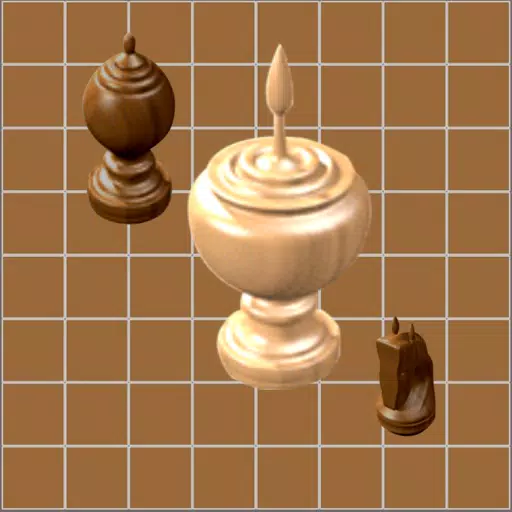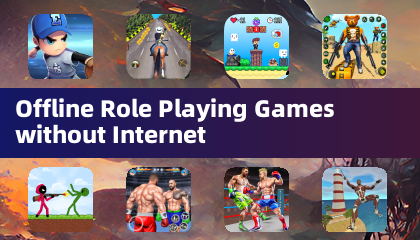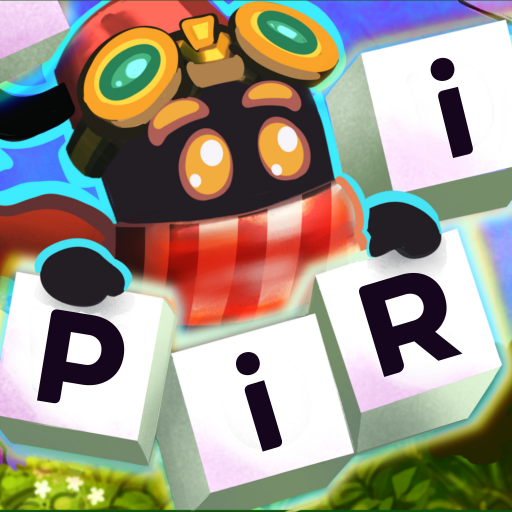The evolution of horror games has led to innovative ways of creating tension and fear. Familiar mechanics become predictable, making the game's design, narrative, and storyline crucial for impact. While truly groundbreaking horror games are rare, a fascinating subgenre, which we'll call "meta-horror," stands out.
Meta-horror games break the fourth wall, directly interacting with the player, not just the game's world and characters. This interaction elevates a game from good to exceptional. If you've experienced these games, you've likely felt a unique sense of intrigue and surprise.
Early examples, like Psycho Mantis in Metal Gear Solid (1998), were revolutionary. The boss's ability to address the player directly, manipulate the controller, and reveal personal game data was unprecedented. While many games since have utilized similar fourth-wall breaks (Deadpool, Detroit: Become Human, Nier Automata), they often lack the depth and integration of true meta-horror.
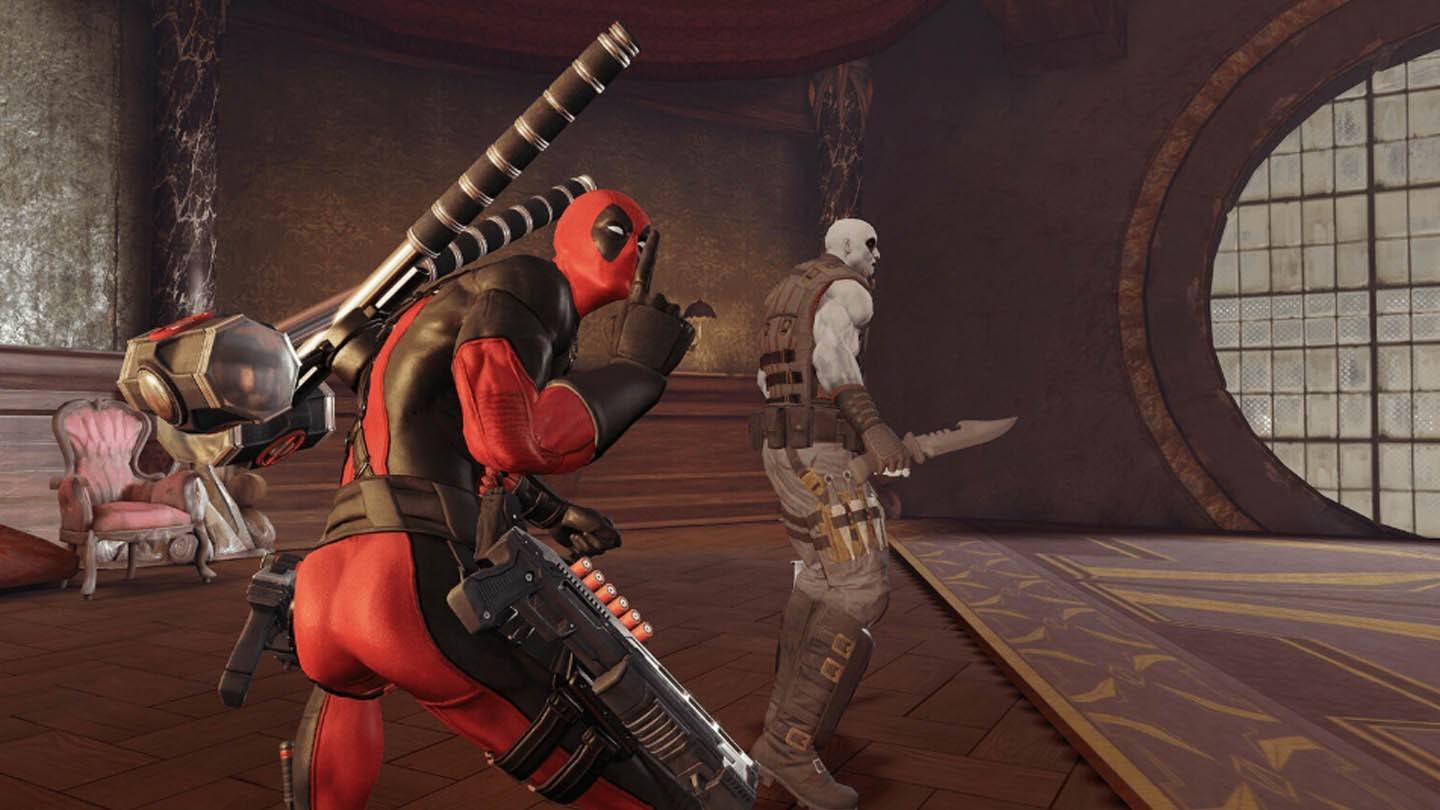
More recent examples offer a deeper dive into meta-horror. While some games, like Miside, are labeled as such, their meta-horror elements might be limited to simple player interaction. This warrants further discussion in the future.
Let's examine some key examples:
Doki Doki Literature Club!
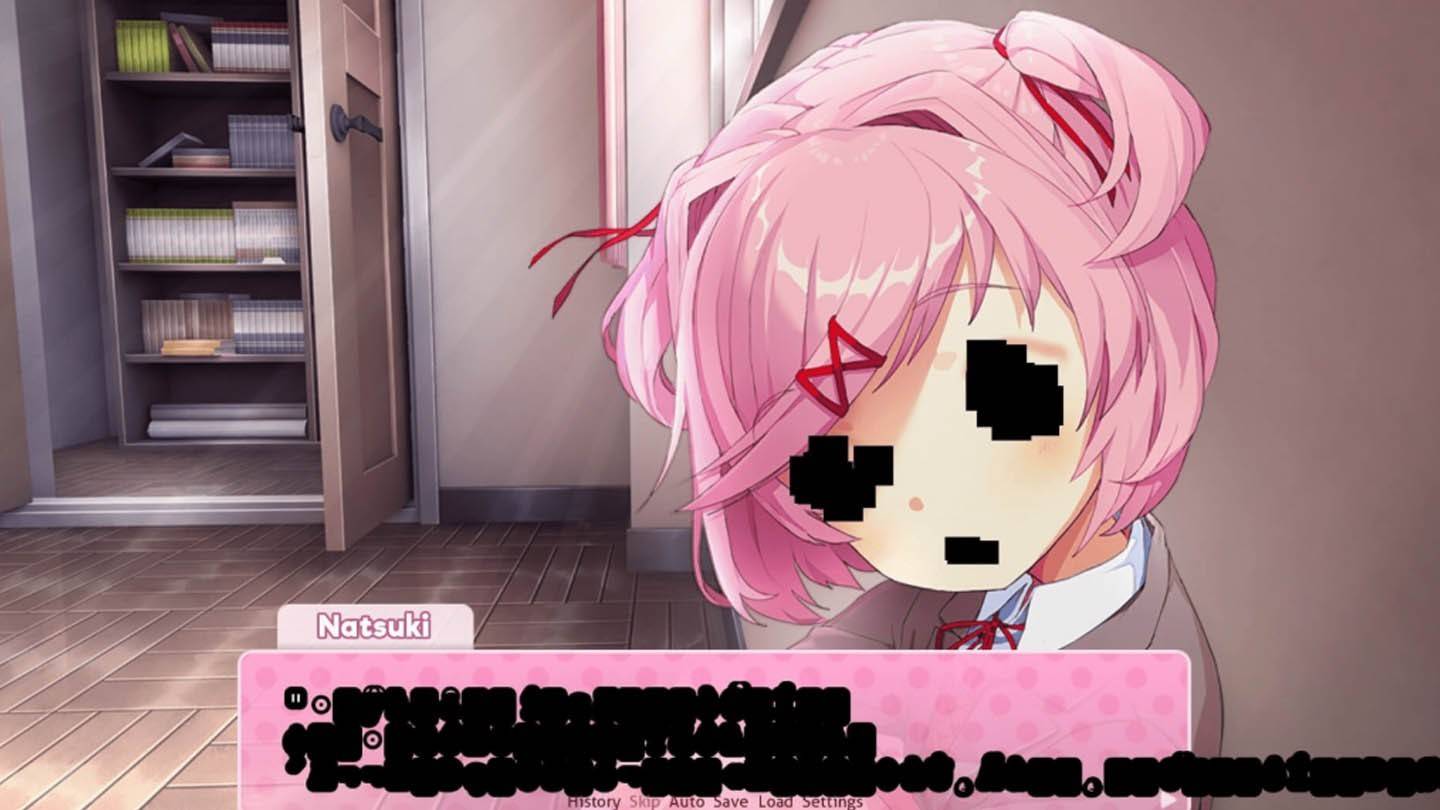
This 2017 visual novel initially presents as a charming romantic comedy, but it takes a dark and unexpected turn. Its meta-horror elements extend beyond simple address; the game interacts with your operating system, creating files and using your username as part of the narrative and gameplay. While not the originator of this style, DDLC popularized it, leaving fans anticipating future projects.
OneShot
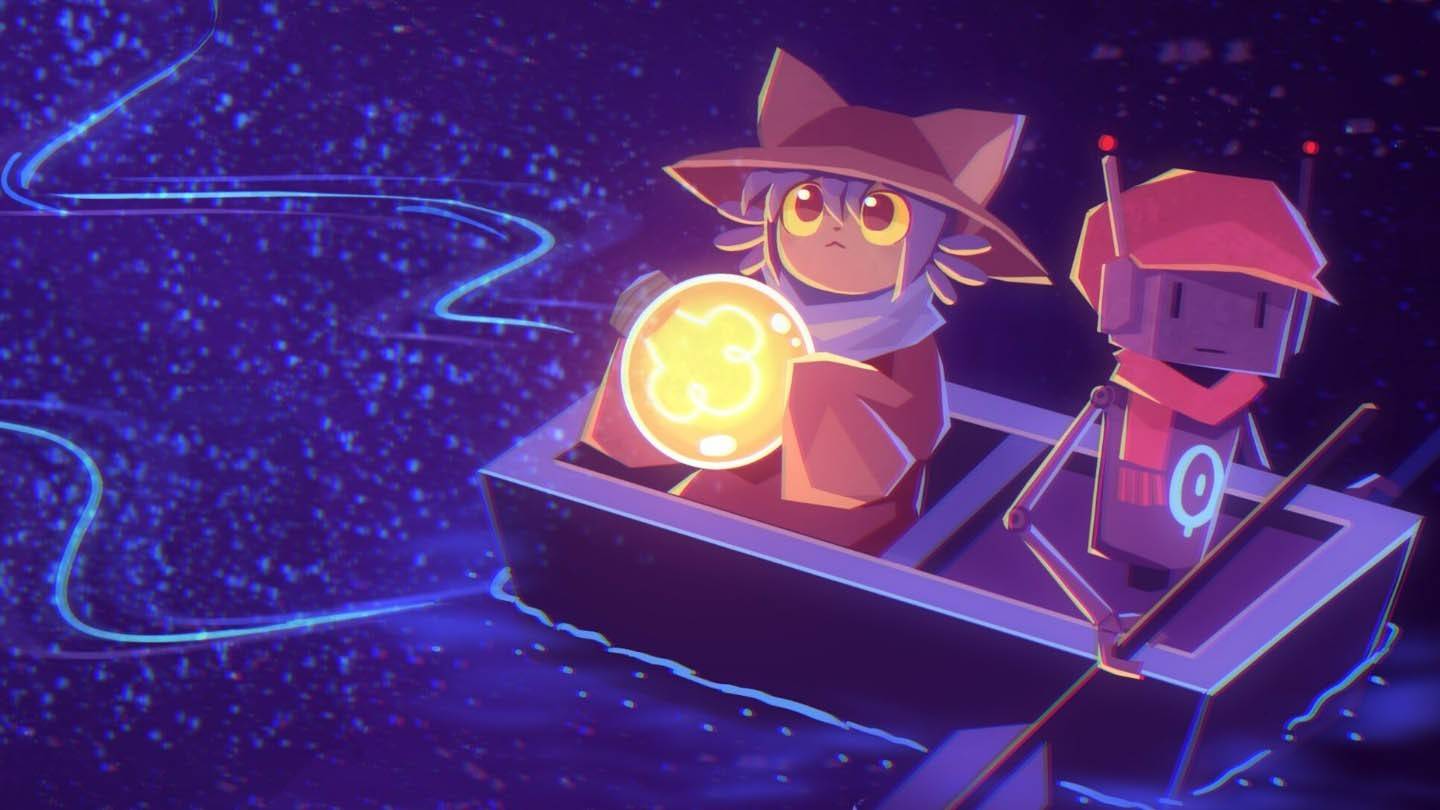
This RPG Maker adventure pushes the boundaries further. While not marketed as horror, it features unsettling moments. You guide a character to save the world, but the game is aware of you. It interacts via system windows, creates files, and alters its own title—all integral to gameplay. Unlike DDLC, OneShot fully integrates these mechanics, creating a memorable experience. It's best experienced firsthand.
IMSCARED

IMSCARED is arguably the pinnacle of meta-horror. Its interaction with the player's system is unparalleled. While some might consider it a virus due to its file manipulation, reputable meta-horror games are not malicious. Be cautious of imitations, however.
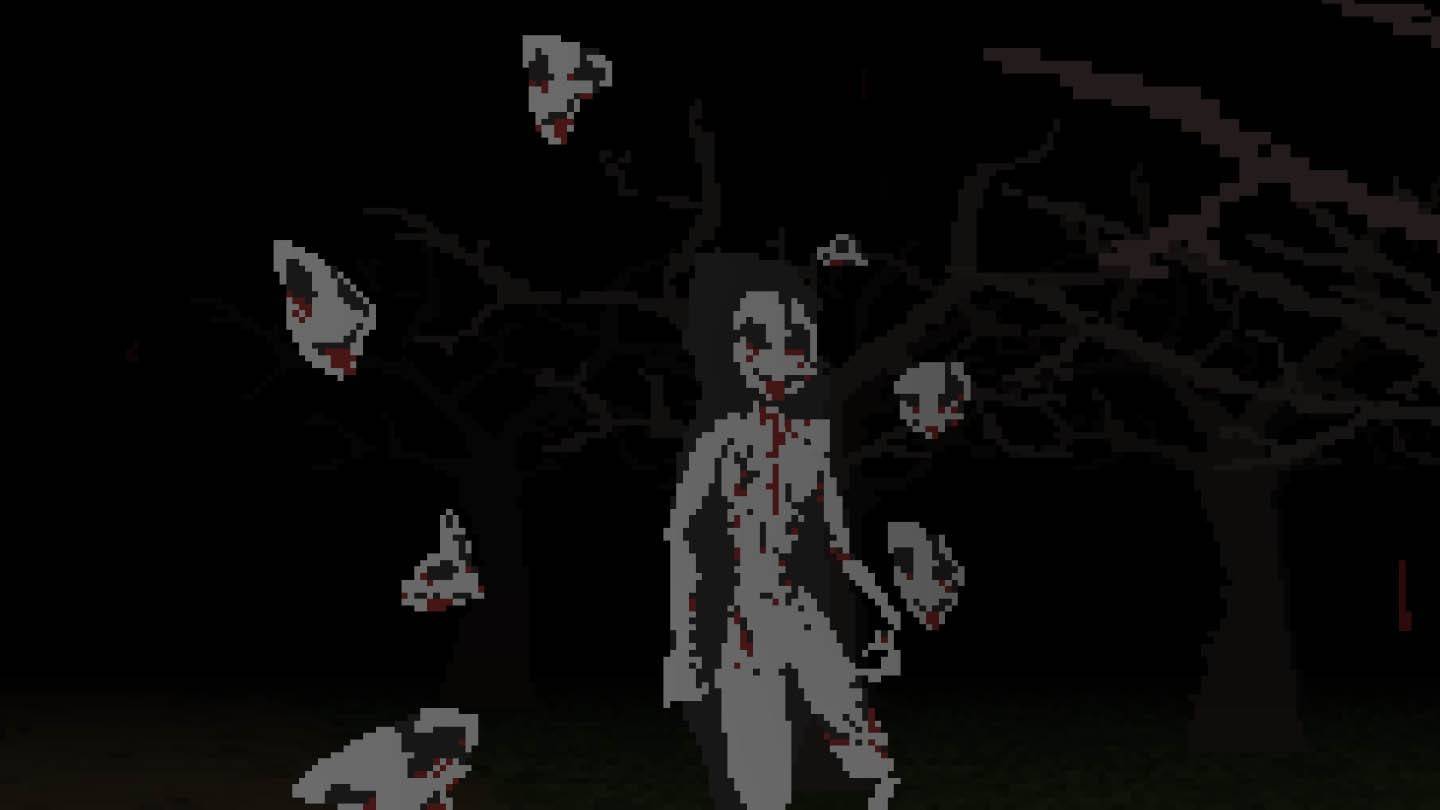
IMSCARED, released in 2012 and updated since, presents itself not as a game, but as a self-aware entity interacting with you. It manipulates your system, crashing, minimizing windows, and controlling your cursor. This creates a unique and unsettling experience. For many, including myself, it's the quintessential meta-horror game.
Conclusion
Many games utilize similar techniques, but few master them like the ones discussed. Meta-horror provides a unique gaming experience. If visual novels aren't your preference, try OneShot or IMSCARED. For those who enjoy unpredictable gameplay, Voices of the Void offers another compelling option.

